 Congratulations to Dr. Soluchana Dhakal-Rai whose latest research paper ‘Explaining rising caesarean section rates in urban Nepal: A mixed-methods study’ has been accepted today by the international journal PLOS One [1]. Sulochana graduated last November with a Ph.D. from Bournemouth University; photo shows her with the BU-based supervisors: Dr. Juliet Wood, Dr. Pramod Regmi and Prof. Edwin van Teijlingen.
Congratulations to Dr. Soluchana Dhakal-Rai whose latest research paper ‘Explaining rising caesarean section rates in urban Nepal: A mixed-methods study’ has been accepted today by the international journal PLOS One [1]. Sulochana graduated last November with a Ph.D. from Bournemouth University; photo shows her with the BU-based supervisors: Dr. Juliet Wood, Dr. Pramod Regmi and Prof. Edwin van Teijlingen. 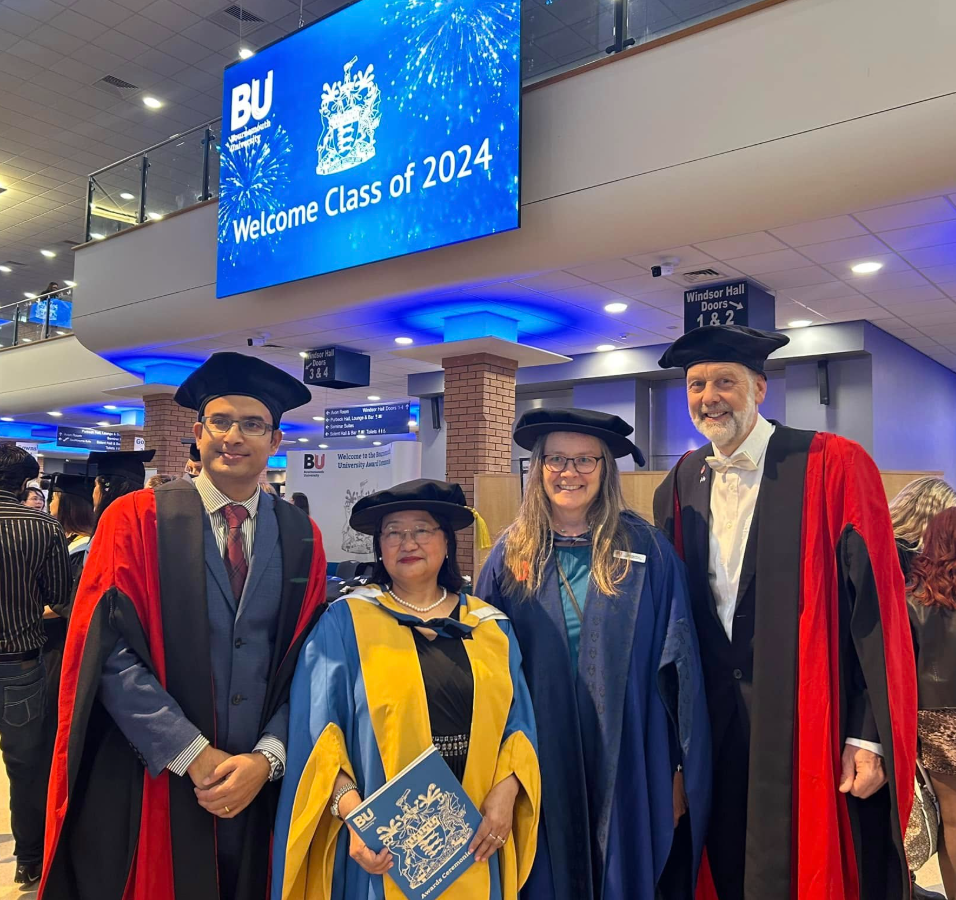
Sulochana has been very productive in terms of publications based on her Ph.D., as this is the seventh paper based on her research! She published six previous papers [1-6], in addition during her time as BU Ph.D. student Sulochana also contributed to a book chapter [8[ as part of the textbook Academic Writing and Publishing in Health & Social Sciences.
Prof. Edwin van Teijlingen

References:
- Dhakal Rai, S., van Teijlingen, E., Regmi, P.R., Wood, J., Dangal, G., Dhakal, K.B. 2025 Explaining rising caesarean section rates in urban Nepal: A mixed-methods study, PLOS One (Accepted).
- Dhakal-Rai, S, van Teijlingen E, Regmi,PR, Wood J, Dangal G, Dhakal KB. (2022) Factors contributing to rising cesarean section rates in South Asian countries: A systematic review, Asian J Med Sci 13(2): 143-174.
- Dhakal-Rai, S, van Teijlingen E, Regmi,PR, Wood J, Dangal G, Dhakal KB. (2021) Caesarean Section for Non-medical Reasons: A Rising Public Health Issue. J Karnali Acad Health Sci 2021;4(2)
- Dhakal-Rai, S., van Teijlingen, E., Regmi, P., Wood, J., Dangal, G., Dhakal, K.B. (2021) A brief history and indications for cesarean section. J Patan Acad Health Sci, 8: e1-e10.
-
Dhakal-Rai, S., van Teijlingen, E, Regmi, P, Wood, J, Dangal, G, Dhakal, KB. (2021) Classification of Caesarean Section: A Scoping Review of the Robson classification. Nep J Obstet Gynecol. 16(32):2-9.
-
Dhakal-Rai, S., Regmi, PR, van Teijlingen, E, Wood, J., Dangal G, Dhakal, KB. (2018) Rising Rate of Caesarean Section in Urban Nepal, J Nepal Health Res Council 16(41): 479-80.
- Dhakal Rai, S., Poobalan, A., Jan, R., Bogren, M., Wood, J., Dangal, G., Regmi, P., van Teijlingen, E., Dhakal, K.B., Badar, S.J., Shahid, F. (2019) Caesarean Section rates in South Asian cities: Can midwifery help stem the rise? J Asian Midwives, 6(2):4–22.
 van Teijlingen, E., Ireland, J., Hundley, V, Dhakal Rai, S., Simkhada, P., Sathian, B. (2022) Identifying an appropriate Title, In: Wasti, S.P., et al. (Eds.) Academic Writing and Publishing in Health & Social Sciences, Kathmandu, Nepal: Himal Books: 39-47.
van Teijlingen, E., Ireland, J., Hundley, V, Dhakal Rai, S., Simkhada, P., Sathian, B. (2022) Identifying an appropriate Title, In: Wasti, S.P., et al. (Eds.) Academic Writing and Publishing in Health & Social Sciences, Kathmandu, Nepal: Himal Books: 39-47.

 Are you hopeful that you research is going to make a difference? Have you considered the variety of ways your research can have an impact? This session will help you consider the ways in which you can demonstrate the impact your research is having and start you off on planning an impact strategy.
Are you hopeful that you research is going to make a difference? Have you considered the variety of ways your research can have an impact? This session will help you consider the ways in which you can demonstrate the impact your research is having and start you off on planning an impact strategy.






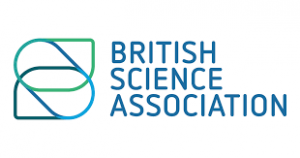
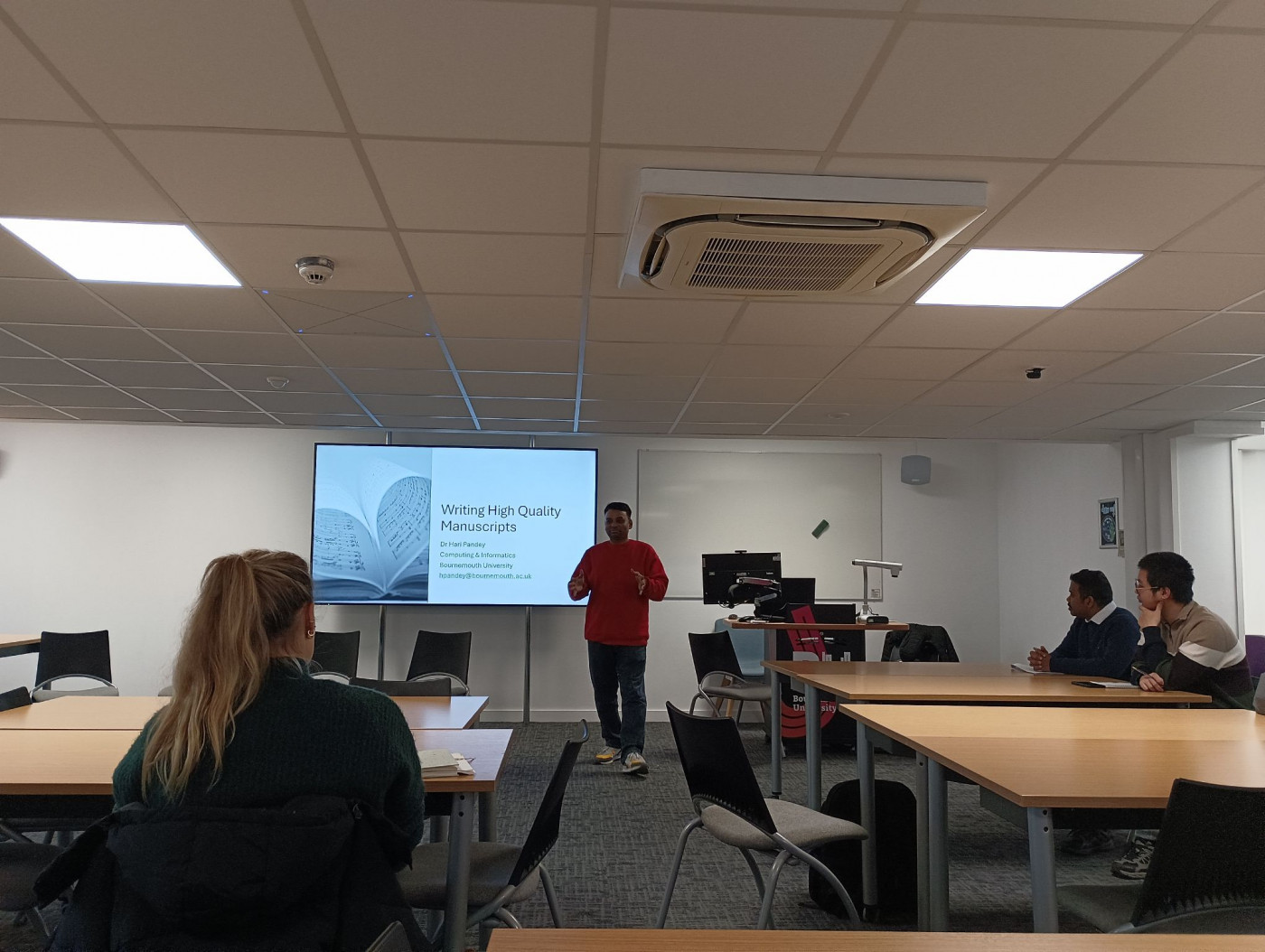
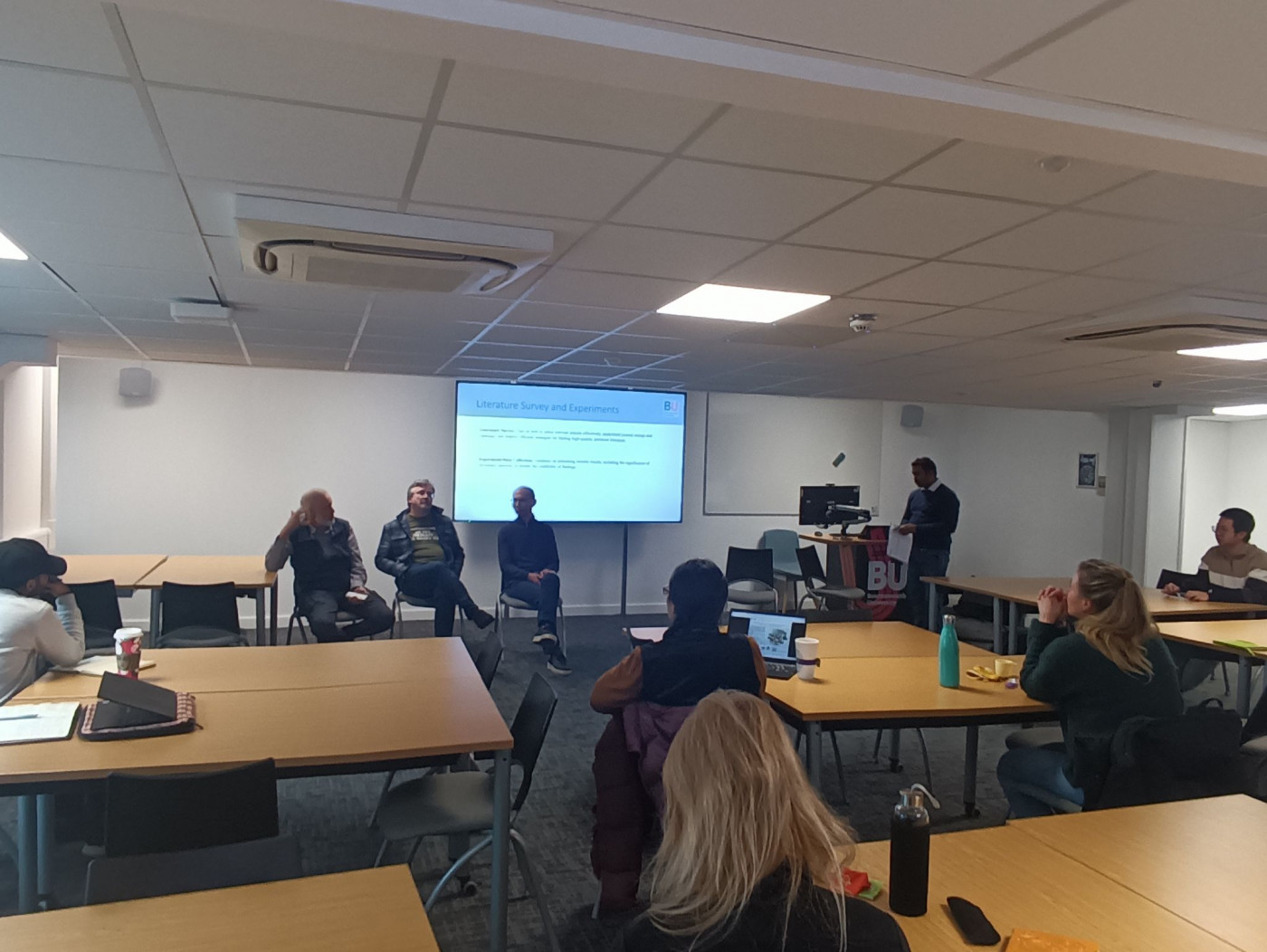

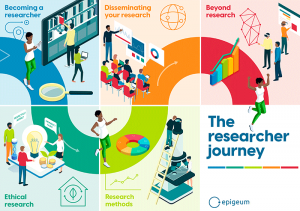 Do you want to refresh your researcher skills? Have a look at the
Do you want to refresh your researcher skills? Have a look at the 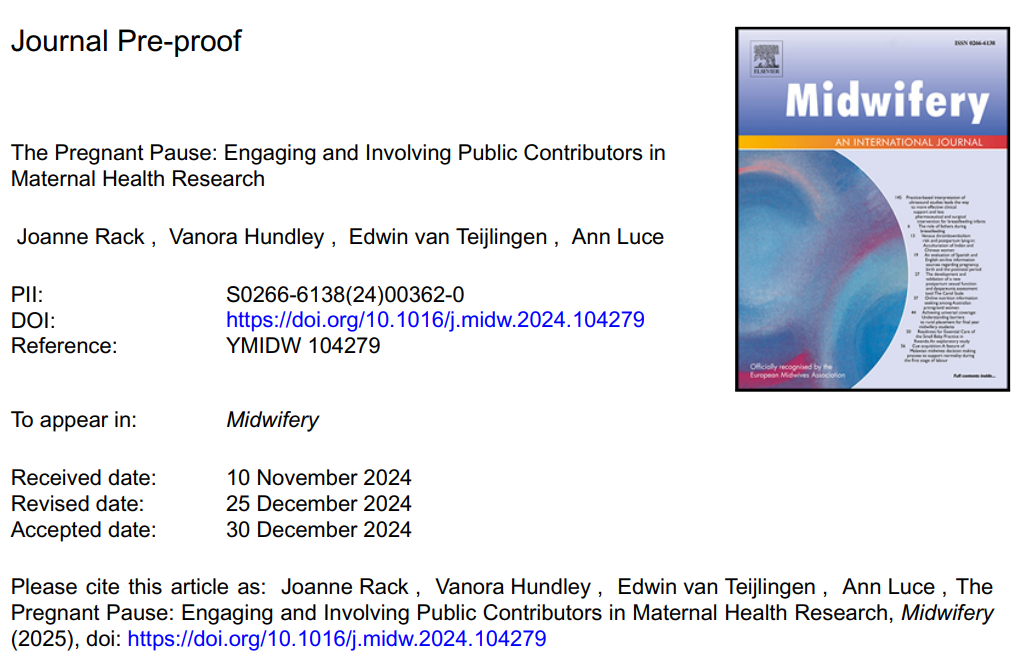

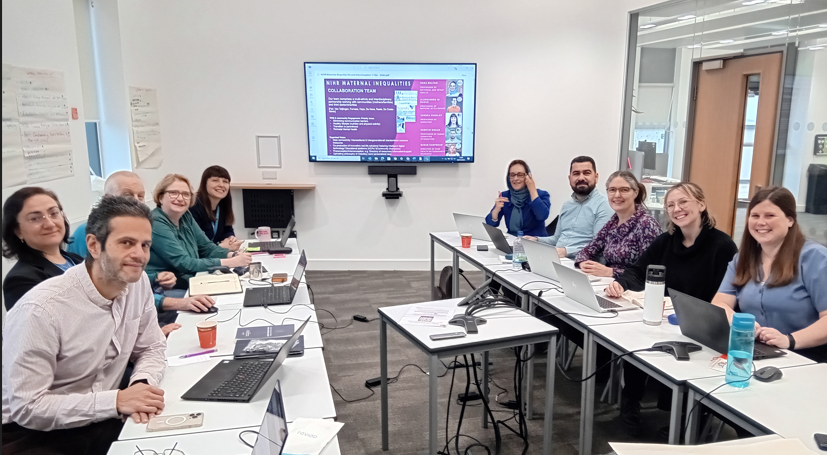

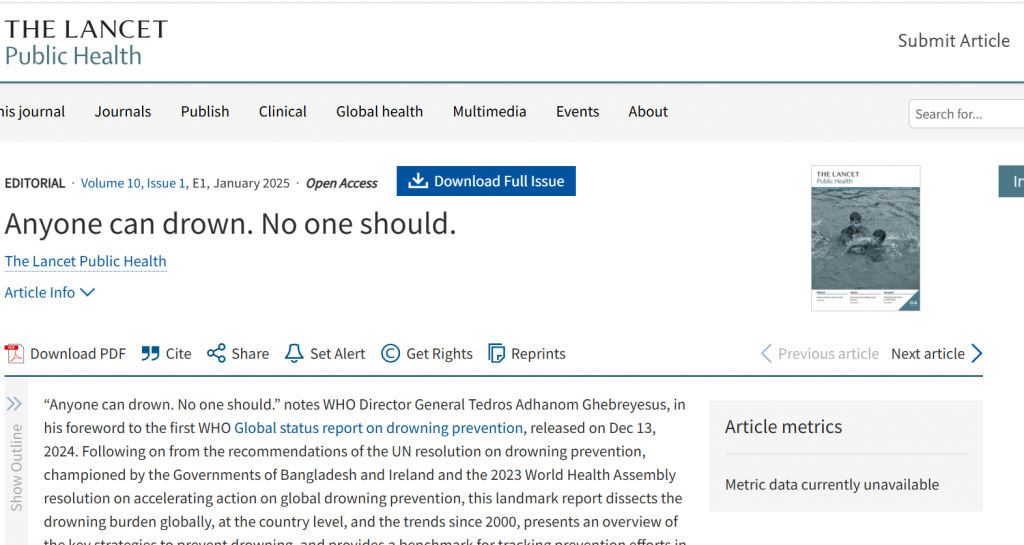


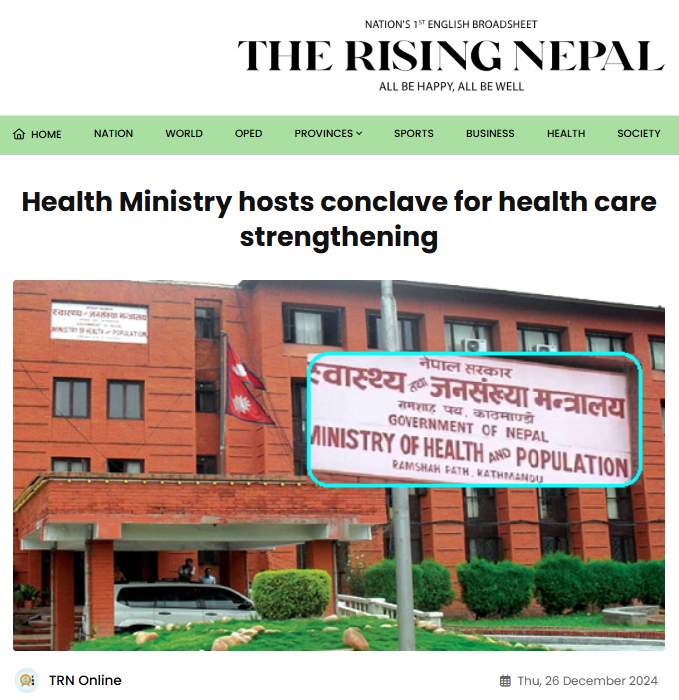
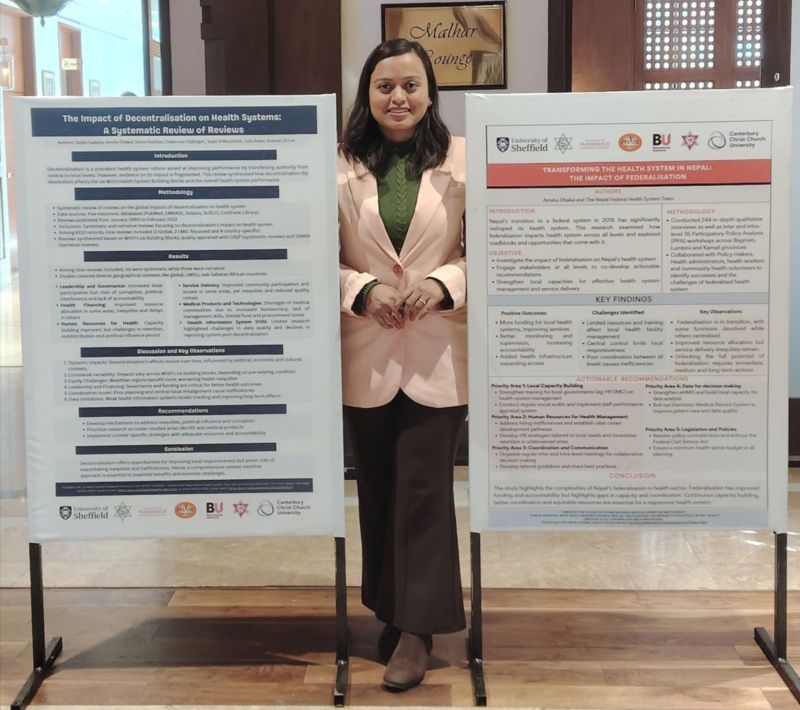
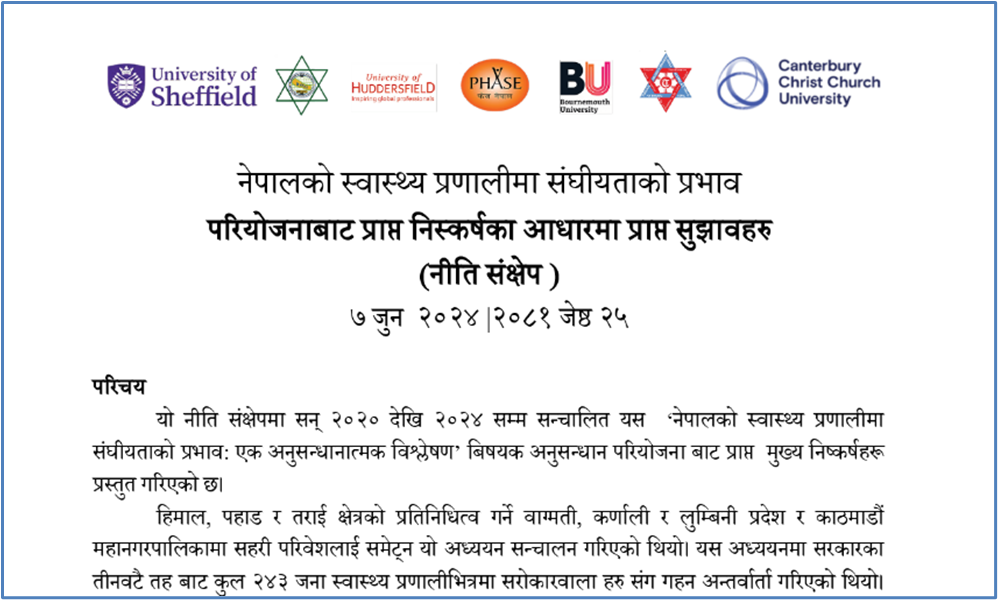


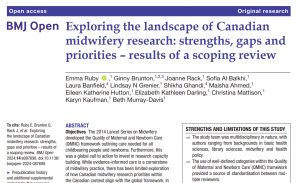
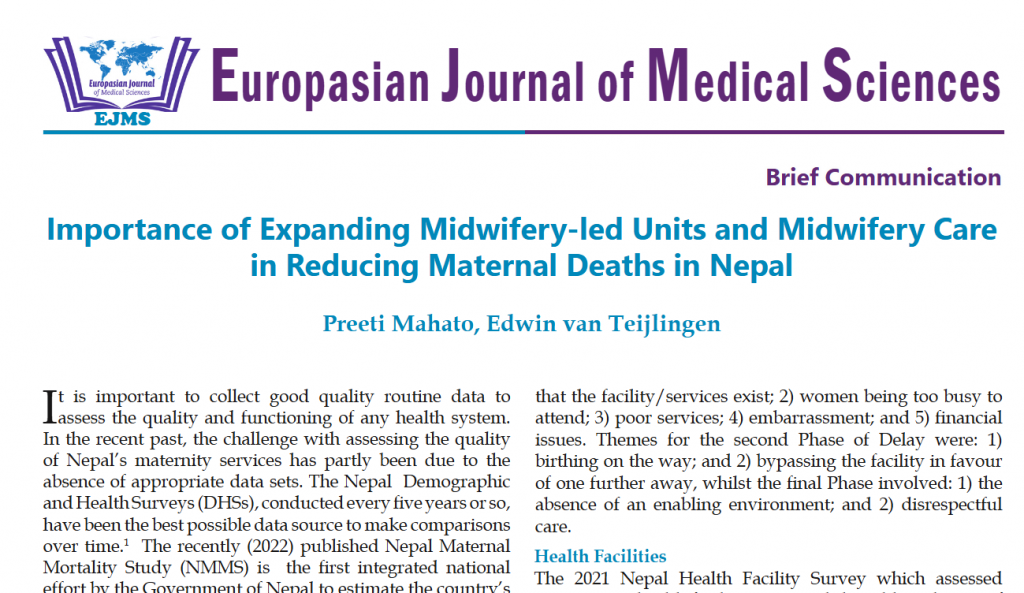











 New CMWH paper on maternity care
New CMWH paper on maternity care From Sustainable Research to Sustainable Research Lives: Reflections from the SPROUT Network Event
From Sustainable Research to Sustainable Research Lives: Reflections from the SPROUT Network Event REF Code of Practice consultation is open!
REF Code of Practice consultation is open! ECR Funding Open Call: Research Culture & Community Grant – Apply now
ECR Funding Open Call: Research Culture & Community Grant – Apply now ECR Funding Open Call: Research Culture & Community Grant – Application Deadline Friday 12 December
ECR Funding Open Call: Research Culture & Community Grant – Application Deadline Friday 12 December MSCA Postdoctoral Fellowships 2025 Call
MSCA Postdoctoral Fellowships 2025 Call ERC Advanced Grant 2025 Webinar
ERC Advanced Grant 2025 Webinar Update on UKRO services
Update on UKRO services European research project exploring use of ‘virtual twins’ to better manage metabolic associated fatty liver disease
European research project exploring use of ‘virtual twins’ to better manage metabolic associated fatty liver disease